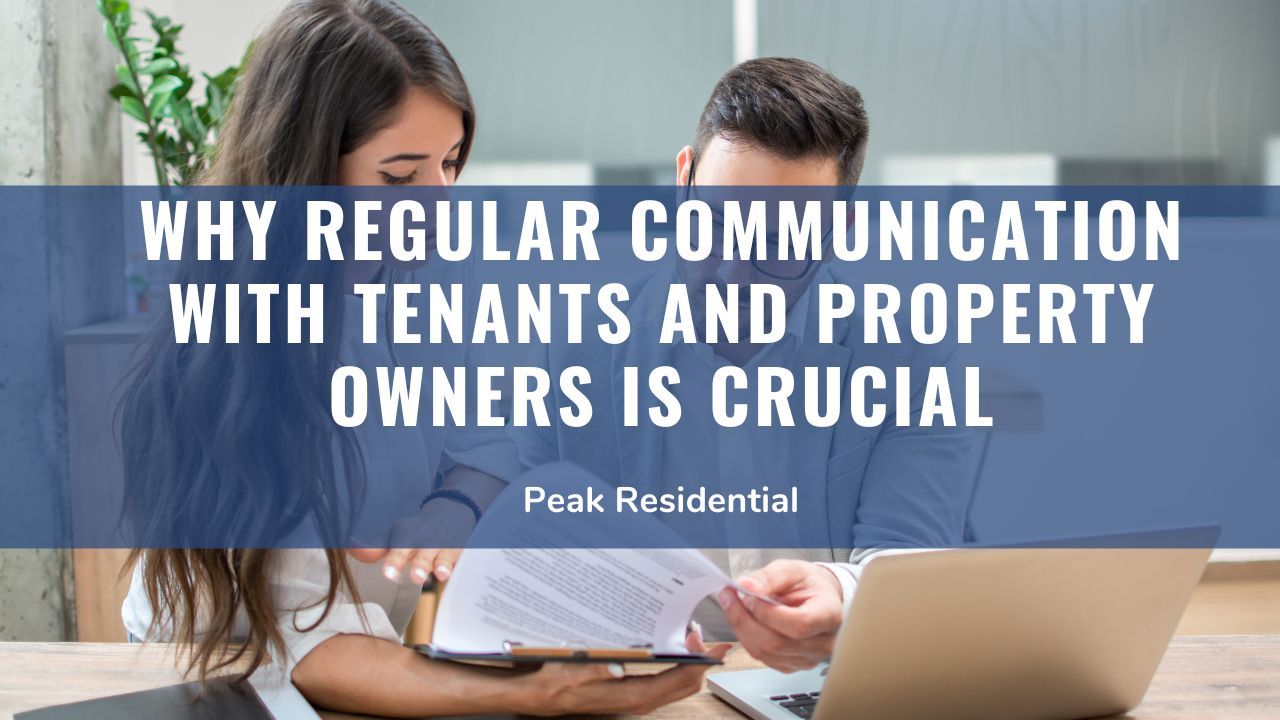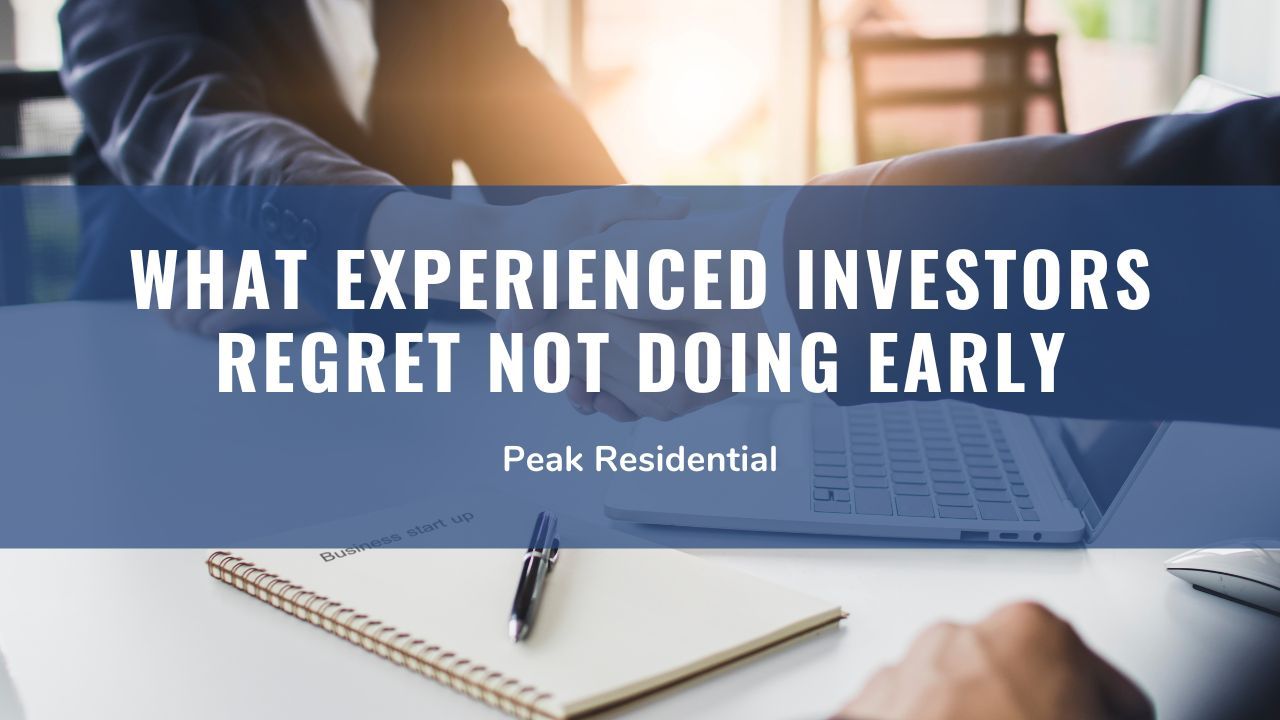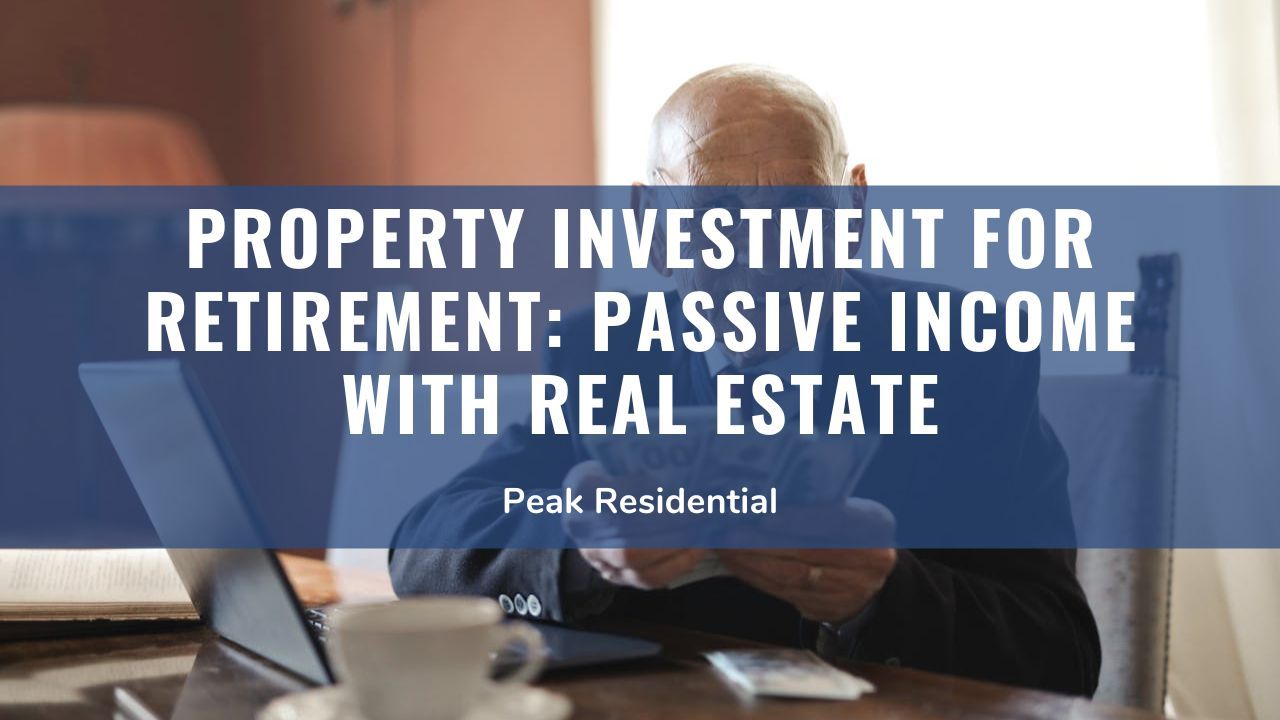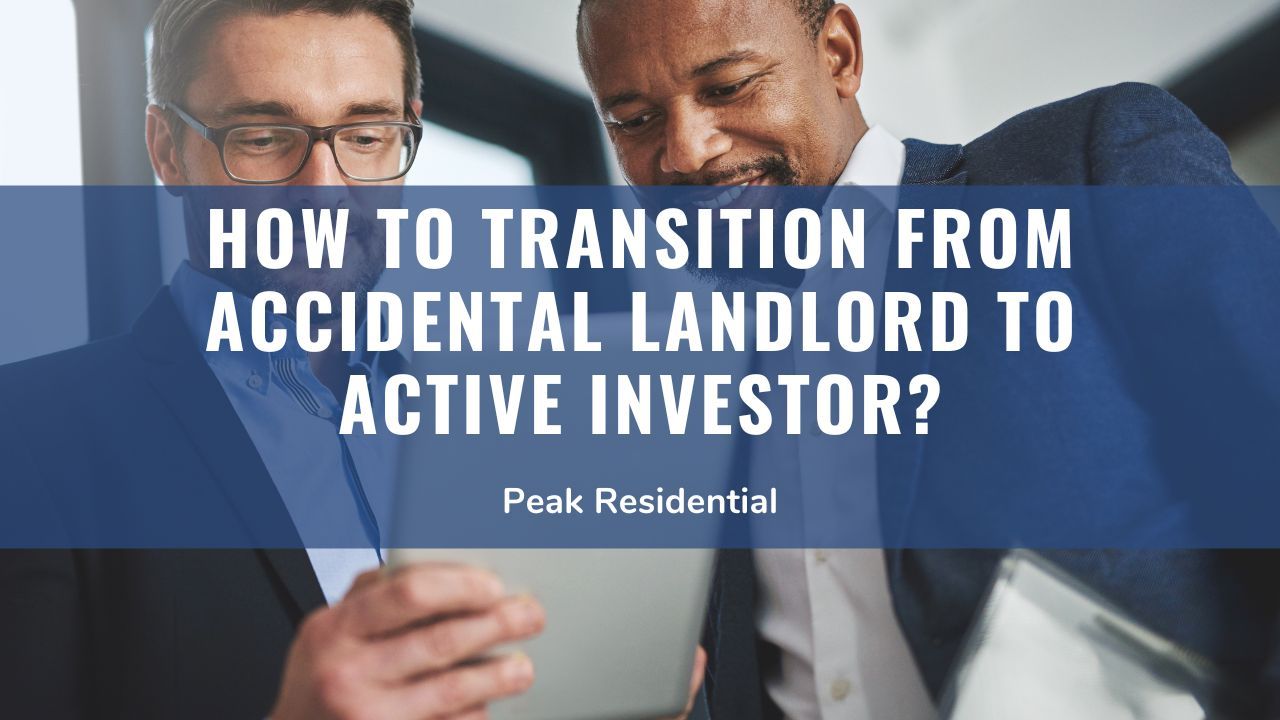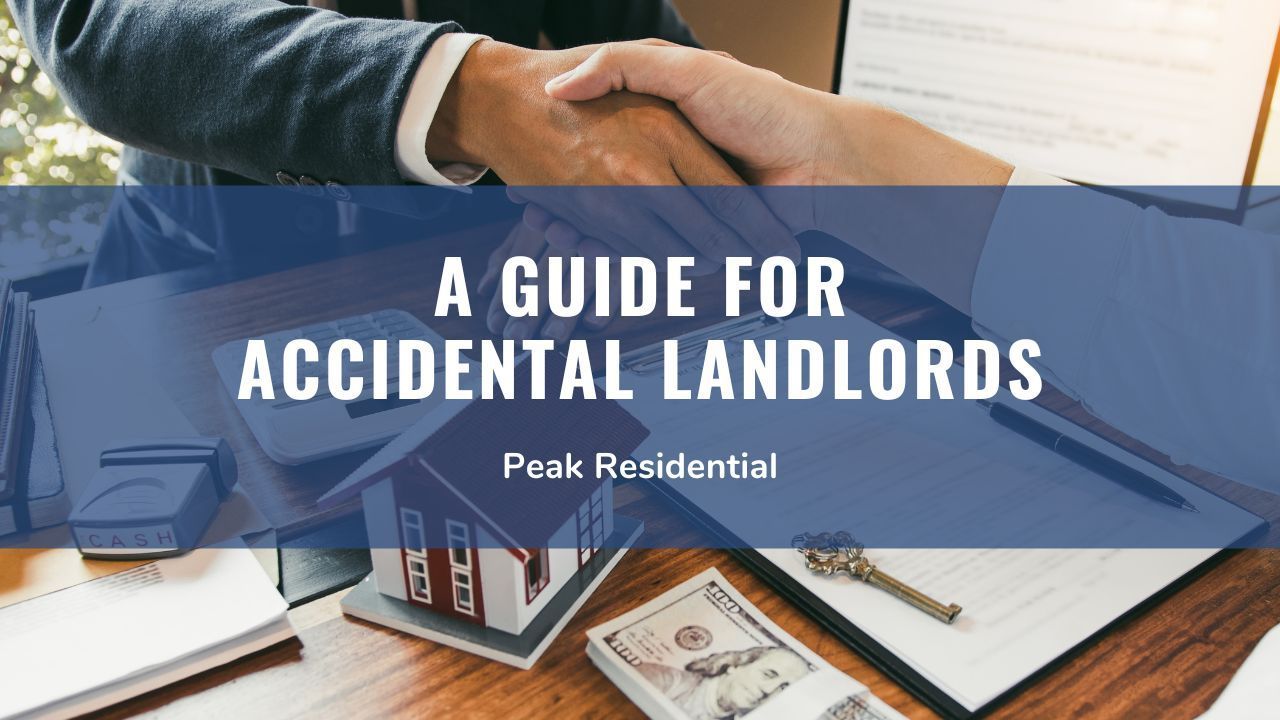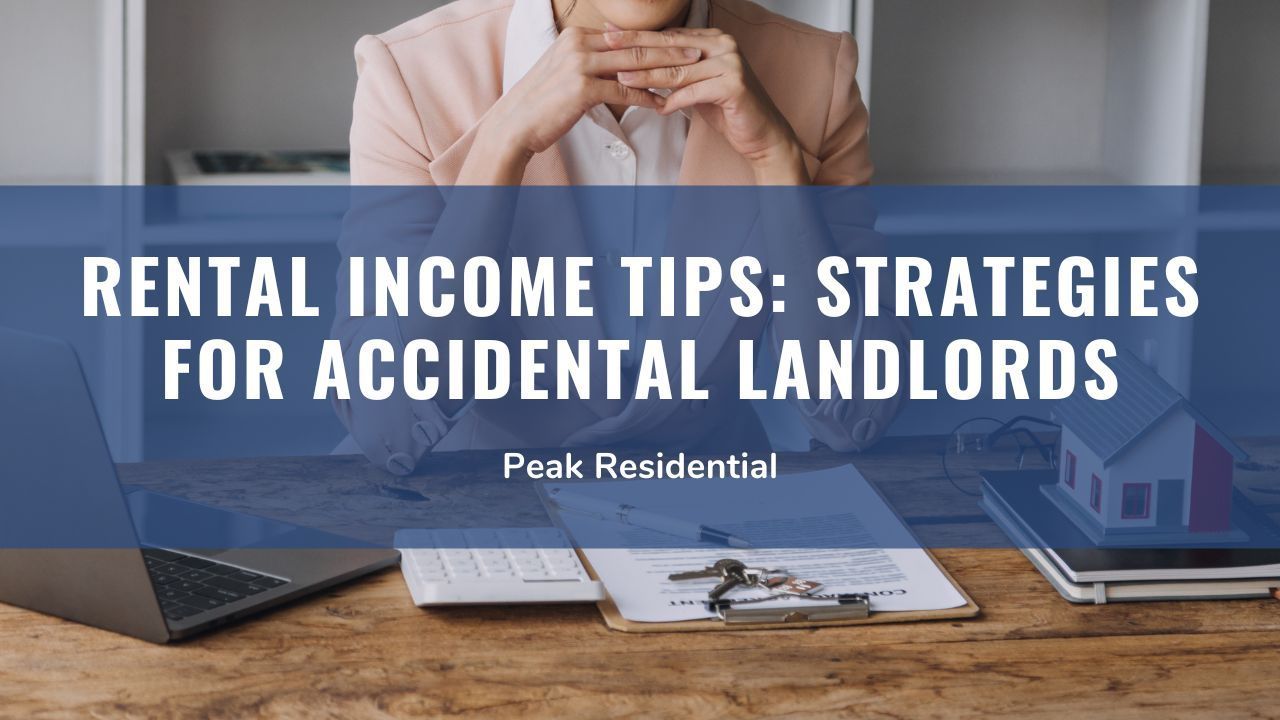Key Takeaways
- Income Comparison: Short-term rentals can produce higher gross income in the right market, but expenses and vacancies can reduce profits, while long-term rentals offer steadier net returns.
- Management Commitment: Short-term rentals require constant guest communication, cleaning, and turnover management, while long-term rentals are lower maintenance once a tenant is placed.
- Strategy Fit: The best rental approach depends on your goals, risk tolerance, and property location—short-term for flexibility and higher potential, long-term for stability and predictability.
Assuming you own a rental property, you must have asked yourself a rather simple question and an answer that is not so simple: To rent it in the short term or the long term? Both routes will work, but they are like two businesses. One is closer to running a hotel, while the other feels more like steady, traditional investing.
The choice matters. It has an influence on your revenue, on how long you will spend on management, and even on the longevity of your property.
Peak Residential, Inc. will go through what each of them will look like, the source of money, and the type of commitment you would have to make.
What Counts as a Short-Term Rental?
Short-term rentals are usually furnished properties offered for a few nights to a few weeks. Platforms like Airbnb and Vrbo made this model mainstream. It’s attractive because you can sometimes charge the equivalent of two or three months’ rent in a single busy season.
That said, the shine wears off if you’re not ready for the workload. Guests expect hotel-level cleanliness, quick responses, and clear instructions. Turnover is frequent.
One weekend you might have vacationers, the next a business traveler. Each stay means another round of cleaning, property inspection, and communication.

Another factor is regulation. Many cities in California now require permits, collect special taxes, or limit how often you can rent. Regulations can heavily influence whether an area remains viable for short-term rentals.
What Counts as a Long-Term Rental?
Long-term rentals are what most people picture when they hear “landlord.” A tenant signs a lease, usually for 12 months or more, and pays rent each month. The appeal here is stability. Rent shows up on schedule, rental vacancies are rare, and you don’t need to constantly advertise or manage bookings.
For many owners, long-term rentals feel more like a reliable business plan. Steady income and lower management costs make long-term leases a common choice for investors who want predictable returns.
Of course, this path isn’t without challenges. If you end up with a problem tenant, you might spend months resolving the issue through the eviction process. You also give up flexibility. Once a lease is signed, you can’t decide to use the home yourself until that lease ends.
Short-Term vs. Long-Term Rentals
To help you decide, we’ll compare the areas that impact property owners the most.
1. Income Potential
Short-term rentals often bring in higher gross income, especially in tourist or business-heavy areas. But there’s a catch: expenses. Cleaning, furnishing, utilities, and management fees can eat into profits. Long-term rentals bring in less per month but usually deliver steadier net returns.

2. Tenant or Guest Stability
Short-term renters are in and out. That means more wear and tear but fewer issues with late rent or lease violations. Long-term tenants stay put, which reduces vacancy risk but requires careful screening up front.
3. Management Needs
Running a short-term rental is closer to running a hospitality business. It means guest communication, frequent cleaning, and handling reviews. Long-term rentals are lower maintenance once the tenant is placed, especially if you have a management company taking care of repairs and compliance.
4. Risk and Compliance
Short-term rentals face more legal restrictions. Some cities require hosts to register or limit the number of rental nights per year. Long-term rentals are governed by landlord–tenant law, which is well established but requires you to follow eviction, security deposit, and fair housing rules carefully.
Which Rental Strategy Fits Best?
The right choice depends less on “which one is better” and more on your goals, your tolerance for risk, and your property’s location.
Take an example:
- A condo near downtown Sacramento with business travelers nearby might work well as a short-term rental. You’ll get weekday bookings during conferences and weekend demand from leisure visitors.
- A family home in the suburbs may be better suited for a long-term lease. Families want stability, schools, and a yard. They’re not likely to book for three nights, they’re looking for years.

Ask yourself:
- Would I prefer to maximize the revenue even if the case income is not evenly distributed?
- Am I ready to struggle with the turnover?
- Am I located in a city prohibiting short-term rentals?
- Or would I prefer better pay and fewer everyday activities?
Specific Costs to Think About
Numbers on paper don’t always tell the full story. Short-term rentals can look amazing when you multiply nightly rates by 30 days. But in reality, vacancies, seasonal dips, and higher expenses reduce the margin. You’ll also need to furnish and stock the rental property, everything from towels to Wi-Fi.
Long-term rentals may seem less exciting because the
rent prices are fixed. But consider the savings: no constant cleaning, no furniture to replace, and far fewer marketing costs. Over time, many owners find long-term property leasing more cost-effective once hidden management expenses are factored in.
Bottom Line
Short-term rentals can be profitable, flexible, and even enjoyable to operate in case you like working in the hospitality sphere. They are most appropriate when the owners have property in high-demand zones, and they do not mind working on it themselves, or they can employ a manager to do the work.
Long-term leases offer incomes that are more stable, reduced stress, and predictability. They tend to be more ideal when the investor would rather have some dependability and can treat his or her property as a set it and forget it kind of business.
At
Peak Residential Inc., we deal with property owners who select both strategies. Others require assistance in navigating the short-term rental rules, and others need full-service management of the long-term tenants. The trick is to discover something that works on your property and your objectives.


